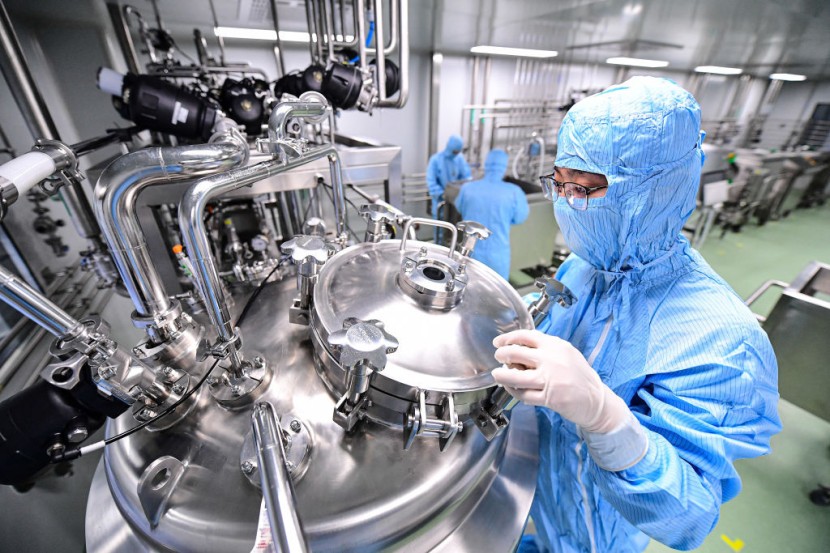
Chinese authorities have approved the world's first coronavirus vaccine that can be inhaled instead of being injected, paving the way for potentially beneficial use of the needle-free product in the region.
The authorization of the new vaccination comes as the country continues to observe the suppression of the spread of COVID-19 as a top priority. The maker of the new vaccine, CanSino Biologics, said in a statement on Sunday that China's medicines regulator had approved the inhaled dose for emergency use as a booster vaccine.
Inhaled COVID-19 Vaccine
The product is known as Convidecia Air and delivers a vaccine dose through a puff of air from a nebulizer that is then inhaled by a person's mouth. CanSino's injected Convidecia COVID-19 vaccine is already in use in China and has been approved in a handful of other countries.
The World Health Organization (WHO) maintains a database that showed CanSino's new product is one of two specifically "inhaled" vaccines that had reached clinical phase development. The situation comes as a number of companies around the world research innovative ways to deliver COVID-19 vaccines via the nose and mouth, as per CNN.
The approval of the inhaled vaccine dose comes as multiple Chinese cities have enforced large-scale COVID lockdowns and mass testing drives in response to small-scale outbreaks. The nation continues to follow a stringent zero-COVID policy despite the rest of the world learning to live with the coronavirus.
Read Also: New Study Finds Ultra-Processed Food Contributes to Risk of Heart Disease, Bowel Cancer, Early Death
There have been more than 70 Chinese cities that were placed under full or partial COVID lockdown since late August, which has impacted more than 300 million residents. Chinese authorities use a low vaccination rate among the elderly as a medical reason to justify the ongoing disease control measures.
According to Fortune, Chinese scientists published a preprint study in July that showed that people who received one booster dose of CanSino's inhaled vaccine after two doses of the inactivated hab from Sinovac, developed more antibodies than people who received three Sinovac shots.
Developing Innovative Ways for Protection
Four weeks after receiving the inhaled booster by CanSino, 92.5% of people had developed neutralizing antibodies for the omicron variant. Individuals who got three doses of Sinovac's jab did not demonstrate any neutralizing antibodies for omicron, either four weeks or six months after getting a booster.
Several prominent scientists, including Scripps Research executive vice president Eric Topol, have urged the United States government to accelerate efforts to develop inhaled and nasal spray vaccines. They argued that these types of protection may better target the omicron variant than injections can.
Topol said, "Once [omicron] gets in through our nasal mucosa, or our oral mucosa, upper airway. That's game over [for] infection. The best way to induce the mucosal immunity right at the upper airway is with either nasal or oral vaccines."
The approval of the new vaccine comes as companies are looking into developing inhaled versions of vaccines to stimulate antibodies in nasal and airway tissues to defend against the coronavirus. They are needle-free and can be self-administered while also appealing to vaccine-hesitant people and potentially easing pressure on health care resources, the Hindustan Times reported.
Related Article:
© 2026 HNGN, All rights reserved. Do not reproduce without permission.








